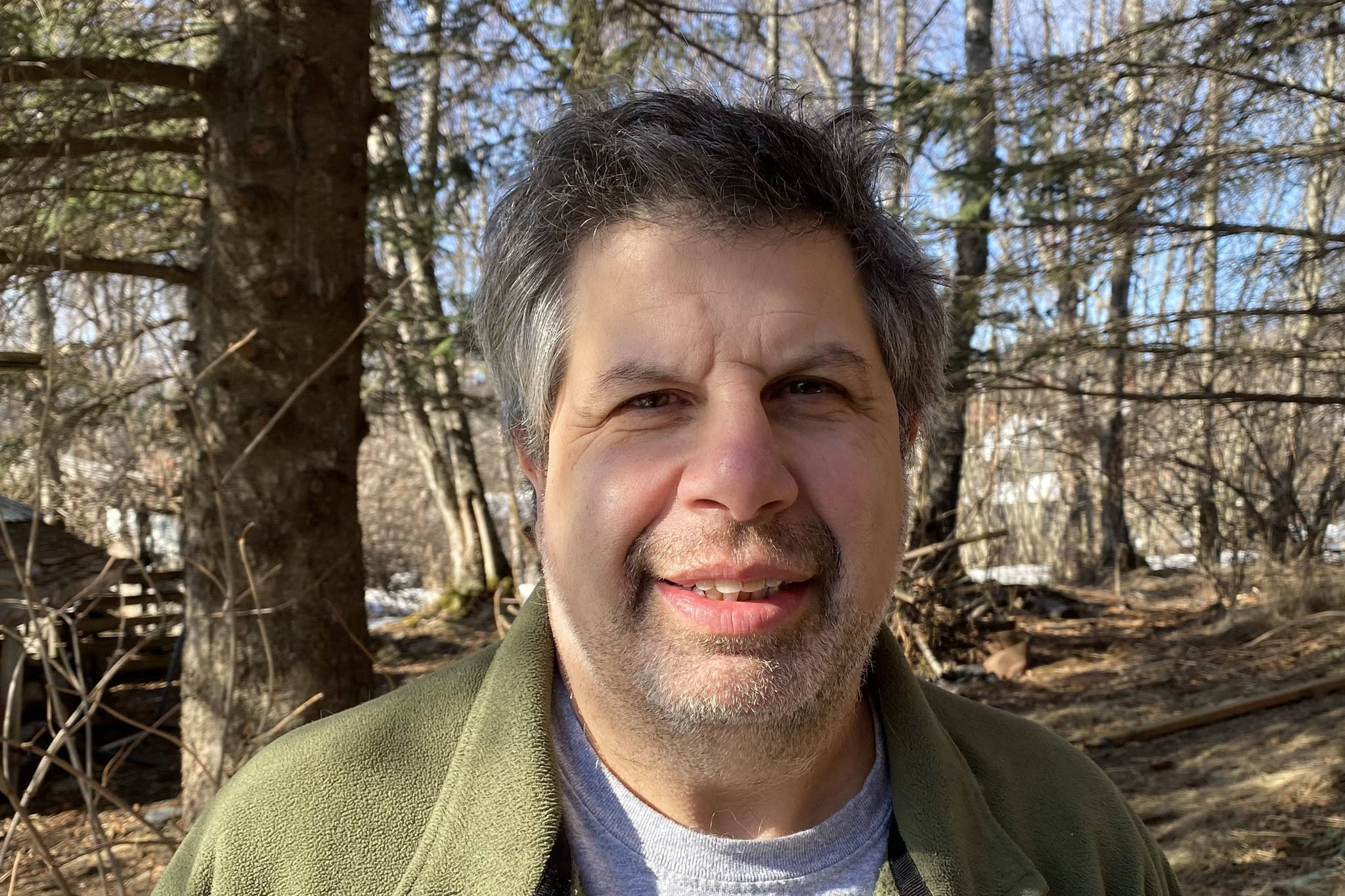By Alex Koplin
In the world of voting there is no easy way to encourage reluctant voters. On voter turnout, the U.S. ranks 30th out of 35 among its peer countries in the Organization for Economic Cooperation and Development, according to Pew Research Center.
As we know from our last election, the U.S. voter turnout was close to 67%. This was the highest voter turnout since the 1900 election. The Kenai Peninsula Borough election in October had a voter turnout of 28%. The turnout for Anchorage’s April election was around 30%.
What brings voters to the polls? Tradition and civic duty are major reasons. Another big draw is when people feel that a particular proposition or candidate has a direct impact on them. In our past national election, it was a decision of who will lead our country. On the Kenai, our largest borough election voter turnout in recent memory was in 2017, when 34% of the people voted, and it was believed that the issue of selling cannabis legally on the peninsula was behind this surge.
Some ways to increase voter turnout beside easier access to voting and voter registration, are: voter education programs, directly calling less interested voters right before the election, and as already mentioned, ballot or candidate issues that directly affect the voter. (I know that all elections have impacts on voters, but it is hard to convince the reluctant voter of that message.)
In California and Connecticut there is legislation that would make voting mandatory. Some countries, such as Australia and Belgium, already have mandatory voting. I think we all know how mandatory voting would play out in the United States.
In Juneau, we have an assortment of voting bills currently being heard. However, we have only one bill that is specifically designed to increase civic engagement and subsequently could help increase voter turnout. HB 39 proposes to preregister voters when they turn 16, if they would like to do so. Currently over 20 states have a law for preregistering voters before they turn 18. In Alaska, you can preregister 90 days before your 18th birthday. HB 39 can help make voting more real for younger people and the discussions involving the importance of voting take on a stronger civic message.
Trying to get reluctant voters to become more engaged is a herculean challenge and incremental steps are crucial for the development of this to occur. When younger people start believing that their voice matters sooner than later, it is another positive step in building a stronger democracy.
Alex Koplin is a member of Kenai Peninsula Votes. KPV is a nonpartisan group of citizens who encourage all voters to vote. KPV also promotes civics education.

